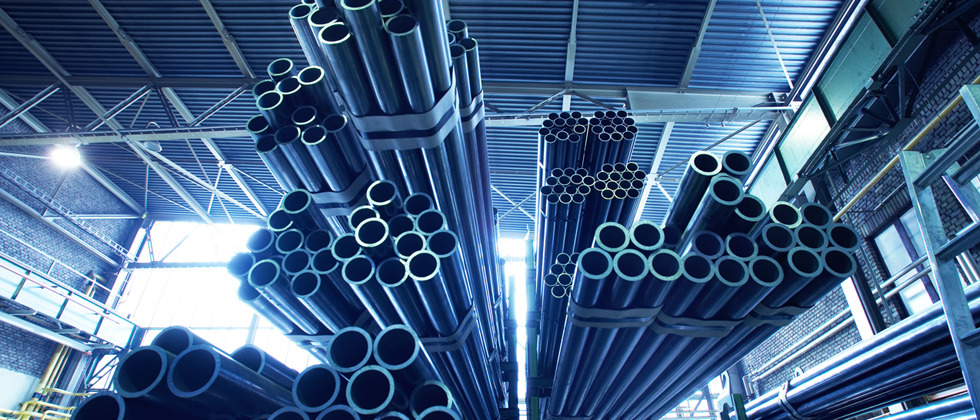The price range for steel hollow sections in Europe widened downward in the week to Wednesday August 31, despite producers in the region pushing for higher prices due to alarming increases in energy costs, market sources said.
Fastmarkets’ weekly price assessment for steel sections (medium), domestic, delivered Northern Europe, was €1,050-1,200 ($1,053-1,203) per tonne on Wednesday, widening downward by €90 per tonne from €1,140-1,200 per tonne a week earlier.
One trader in northwest Europe said that market prices for the products had moved downward because there was a lag between changes in the price of sections and the cost of hot-rolled coil feedstock.
Current sections prices were based on imported HRC from eastern and southeast Asia, or from Turkey, they said, which can take around three months to arrive in Europe after the order is placed.
Three months ago, in late May, the price of imported HRC, cfr main port Northern Europe, was €850-920 per tonne.
HRC prices in May and June fell significantly after an upward surge in March, when prices peaked at €1,200-1,250 per tonne, following Russia’s unprovoked invasion of Ukraine.
Imported prices for the feedstock have fallen further since then, with Fastmarkets’ weekly price assessment for steel hot-rolled coil, import, cfr main port Northern Europe, at €650-680 per tonne on Wednesday, unchanged week on week.
Fastmarkets’ daily calculation of its steel hot-rolled coil index, domestic, exw Northern Europe, was €763.33 per tonne on Wednesday, up by €43.33 per tonne from €720 per tonne a week earlier.
Market sources also told Fastmarkets that several European producers have announced that they will be increasing offer prices on steel products on the basis of drastically rising energy costs, by around €100-150 per tonne.
Fastmarkets’ weekly price assessment for steel sections (medium), domestic, delivered Southern Europe, was €1,050-1,200 per tonne on Wednesday, widening week on week from €1,140-1,180 per tonne.
Some traders believed that price increases based on energy costs could be workable, depending on demand, because energy is a real cost, but other traders were not sure if the push for price rises would be successful, Fastmarkets heard.
“I’m not really sure whether this will work out,” one trader from Germany said. “People are still quiet and are waiting.”
Market participants expected more trading activity next week, when more mills and traders re-enter the market with the end of the slow summer holiday period, but some sources were uncertain about market movements.
“There is nothing happening in the market for the moment,” a distributor in Northern Europe said, “because the mills are not delivering anything – they are out of the market. It is difficult to quote a price because no one is giving any prices just now.”
Some mills were also considering production cuts to help manage the effects of increasing input costs, sources said, with Italian long steel producer Ferriere Nord Pittini heard to have suspended work at its Osoppo plant until October.
Published by: Holly Chant






